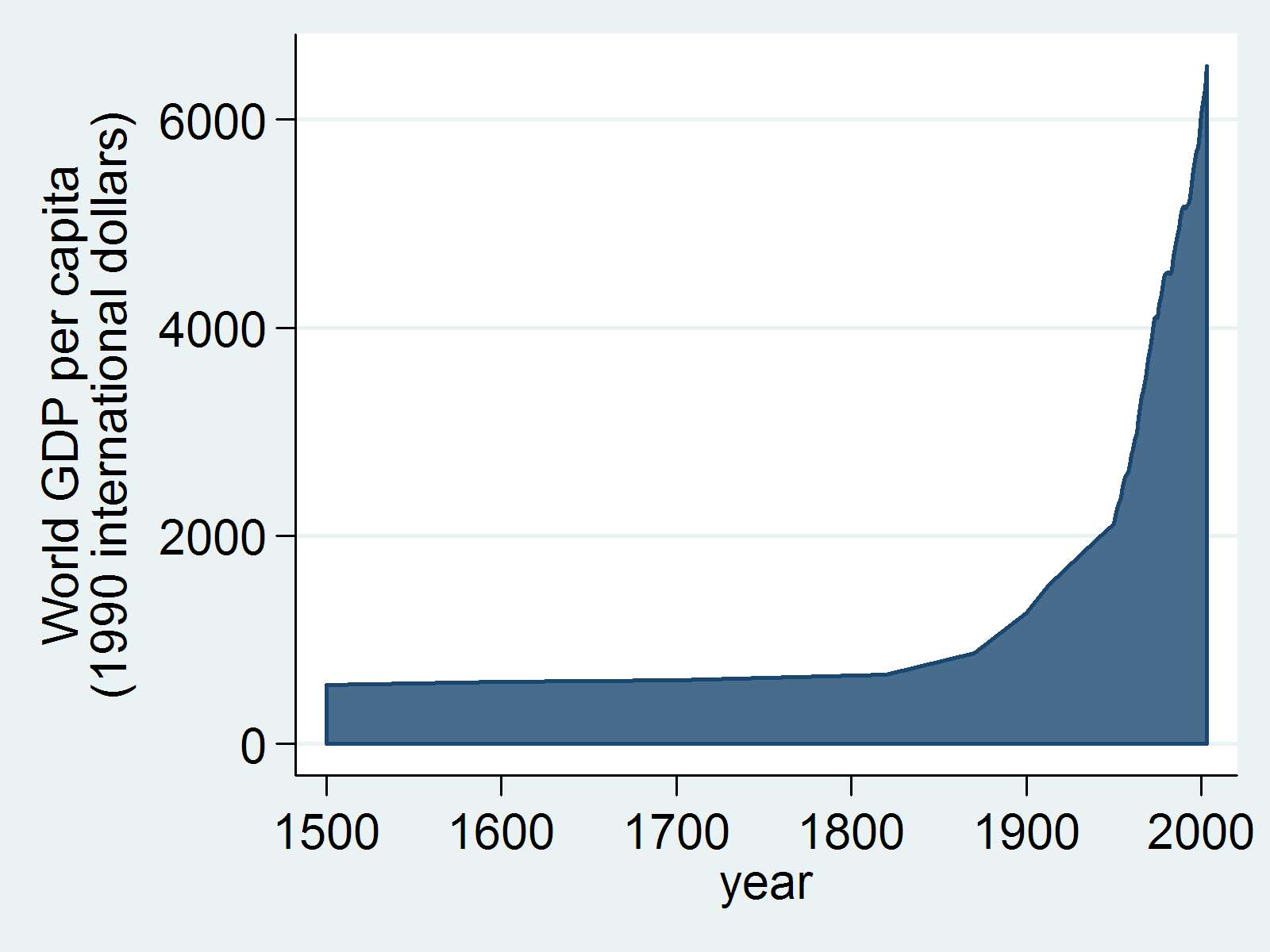Quote:
Originally Posted by All Darc

Nazi made a huge intentionqal distortion. They found jews skilled and capable, and for them jews was taking german goods, money, jobs. So they found jews stronger and decided attack, starting label jews as weak, as a inferior race.
I think Nietzsche refer as strong the capables of find reason, and define as weak the incapability to be rational and coherent. Not the kind of darwinian sellection of the strong. And Darwin wasn't creating a phylosophy, but just describing the nature, the nature's characteristics hinself found cruel, not desirable for civilization and humanism.
The elimination of weakers, in nazi diabolic phylosophy, was more connect to their own people, since they murdered a lot of cronic ill or mental disable german kids, and sterelized many germans with depression and other psychiatric problems or german people with genetic disorders.
|
Of course Nazi distorted the Nietzsche philosophy, but they would have said they expanded it. They were motivated by "good" just like everyone else. That's exactly the problem when god is dead and we're "Beyond Good and Evil". Eliminating the weak was defined as "good" by the Nazis. In their view, strength and weakness mostly had to do with physical prowess, though mental capability was still valued somewhat below that. I don't exactly know how jews made the "weak" list. I'm not an expert in history or philosophy... something I need to study more.
Nietzsche absolutely drew on Darwinian theory to formulate his philosophy; which was roughly the advancement of the fit, and the elimination of the unfit. While he wouldn't have called for the murder of weaker people, he had a low opinion of them and would rather not see them procreate into the future.
Nietzsche didn't place a lot of value on reason, rather he placed value on those things that advance the desires of the individual, regardless of the "truth" of it. If there is no right and wrong, then what is good is merely the thing that fulfills desire.
Quote:
Originally Posted by aerohead

I'm probably two-weeks out from completing Zombie Economics.I'll wait until then to address the economic issues.However,at half way through the book,since the early 1970's economists have been batting zero.And Laissez faire has been a complete failure.Capitalism appears to be the most inefficient and expensive form of an economic model.$4-trillion in losses in 2008 alone.
All gains from 1945-through 1976 were lost.
I absolutely disagree with your comparison between climate science and economics.There appears to be no factual evidence to support your assessment.I'll know more over the coming two weeks.Appreciate your patience.
|
We've never seen laissez faire because it's never been tried... but I'm not a Libertarian anyhow, so I think certain regulations are necessary.
There's a difference between capitalism and crony capitalism. We've got a serious problem with politics being a career field, people pledging allegiance ans surrendering their mind to 1 of 2 political tribes, and both parties both exhibiting the same corrupt tendencies to cater to special interests and boost the reach of the federal government, and especially the executive branch. That's a failure of the people, not of capitalism.
Here's US GDP per capita, and it shows a strong upward trend, so I don't know what loss you're referring to.

Here's world GDP per capita. Notice that hockey stick.

Capitalism is the worst and most inefficient system of allocating talent and resources, except for all the other systems tried. I've yet to hear a proposal for a different system that would be more efficient.
Quote:
Originally Posted by aerohead

With an Associates Arts degree,how is it that you can make a distinction between the two? Did you sneek in a dozen multi-disciplinary climate Ph.D.s and 40-years of field research,if not a minimum of 10,000 hours,in each of these dozens of disciplines?
Throw us a bone.
If so,then you have the floor.
|
Did you obtain those credentials yourself? I respect your arguments regardless of your academic certifications. Appeal to authority is a logical fallacy. While a person holding a certain title may be more likely to have correct understanding of things, it isn't necessarily so.